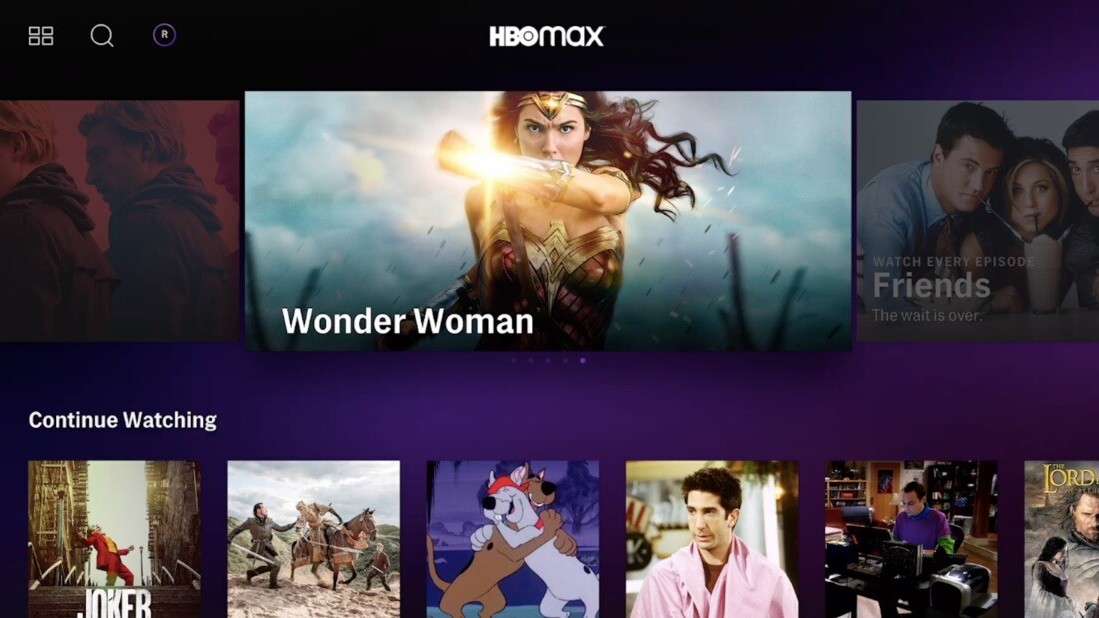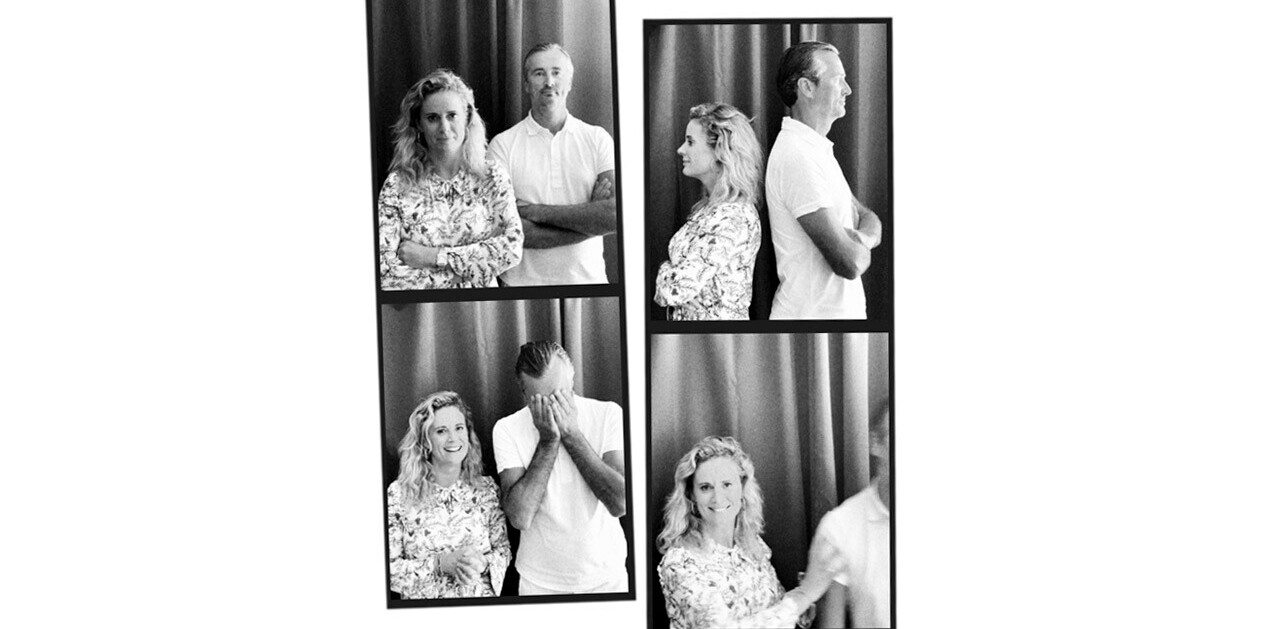
The decision to release the 17 films onto HBO Max in 2021, while perhaps well-intentioned, is causing a rift between filmmakers and the major distributor behind it. Here’s the skinny on what everyone is so upset about.
WarnerMedia, the parent company behind the HBO Max streaming service, announced last week that it would release its entire slate of 2021 films — 17 in total, and including the likes of Godzilla vs Kong, Dune, and The Matrix 4 — onto the platform alongside their theatrical releases. The films will be available to watch on HBO Max at no additional cost for one month. When I originally wrote about this story, I called it a win for moviegoers, because it gives you the option to avoid crowded theaters while still allowing you to see upcoming movies. But not everyone sees it that way. In fact, several filmmakers are protesting the decision.
According to insider info from the Hollywood Reporter, the decision was not discussed with the people who made the films WarnerMedia was putting on HBO Max, and were only informed after it was already made. The problem is that a theatrical run and box office sales are a major source of revenue for the people who make films, and Warner has not given a plan for how they plan to compensate everyone for missed box office sales. The company reportedly compensated Patty Jenkins and Gal Gadot for Wonder Woman 1984, and I’m sure the fact that such an offer had not been extended to the other filmmakers before the announcement was made has caused some hard feelings.
Chief among the critics is director Christopher Nolan, director of recent hit Tenet among other films. In a Hollywood Reporter interview, Nolan said, “Some of our industry’s biggest filmmakers and most important movie stars went to bed the night before thinking they were working for the greatest movie studio and woke up to find out they were working for the worst streaming service.” He also said the choice made “no economic sense.” He’s not alone, either. The Directors Guild of America reportedly sent a letter criticizing the choice to Anne Sarnoff, CEO of Warner Bros.
Why would WarnerMedia risk its reputation and relationships with filmmakers by doing this? I’m inclined to share the view of the New York Times’s Edmund Lee that this is likely a push for better HBO Max visibility from the company that’s really in control of all this, AT&T. Streaming services are swiftly becoming the backbone of major conglomerates, especially now that Disney has made it look so easy, but HBO Max is not doing Disney+ numbers. It’s more expensive for starters, and doesn’t have that platforms’ laser focus on specific demographics (kids and kids-at-heart, in Disney+’s case).
In addition to the big company wanting to boost its streaming platform, the pandemic has gutted the film industry, and even companies that have not committed to a drastic plan like Warner Media’s are still feeling the pinch. WarnerMedia CEO Jason Kilar later defended the decision in a Variety interview saying, “We’re in the middle of a pandemic. I can’t wave that away.”
It remains to be seen if the distribution of so-called “Wonder Woman money” will smooth this over. The first HBO Max premiere is Wonder Woman 1984, debuting on Christmas Day.
Get the TNW newsletter
Get the most important tech news in your inbox each week.





